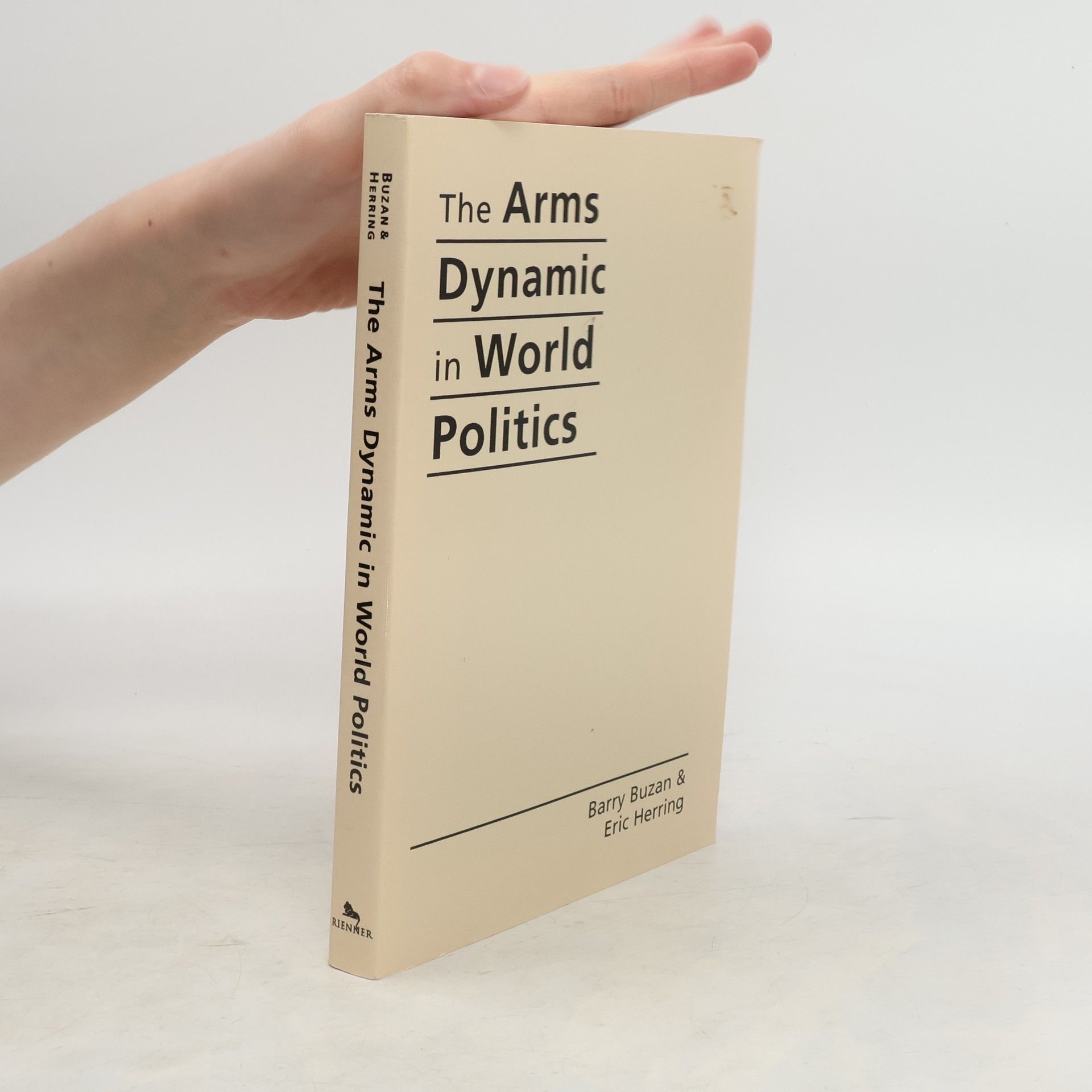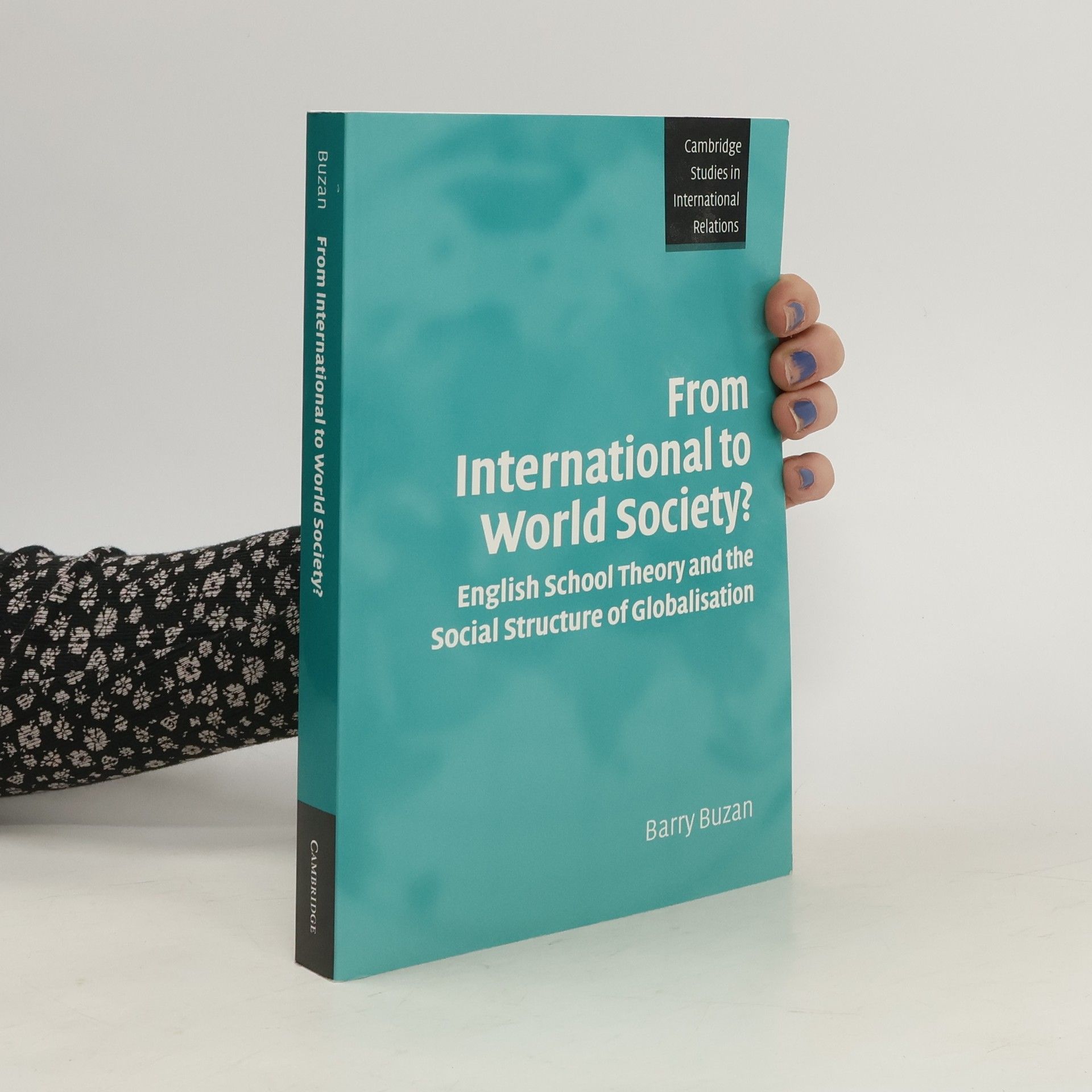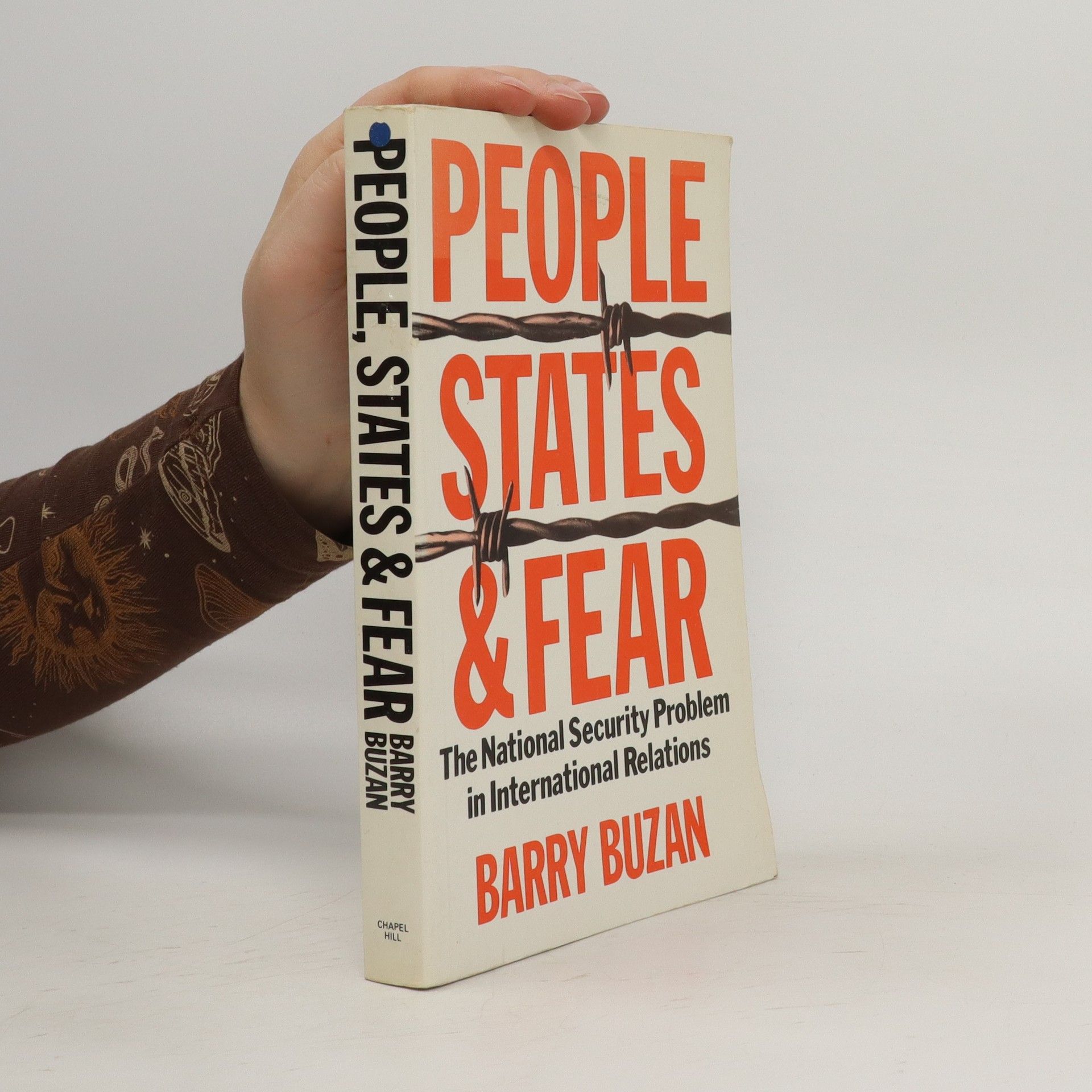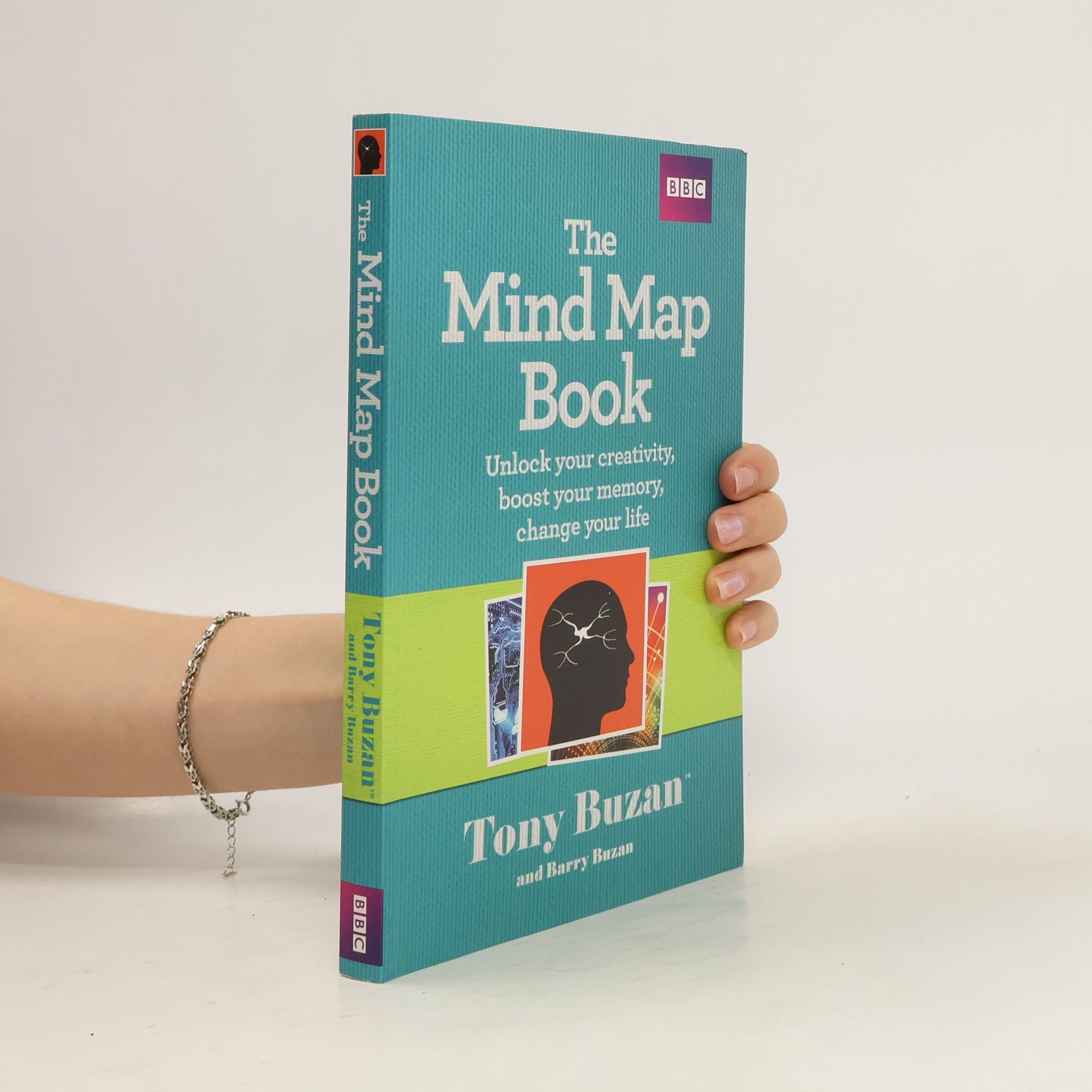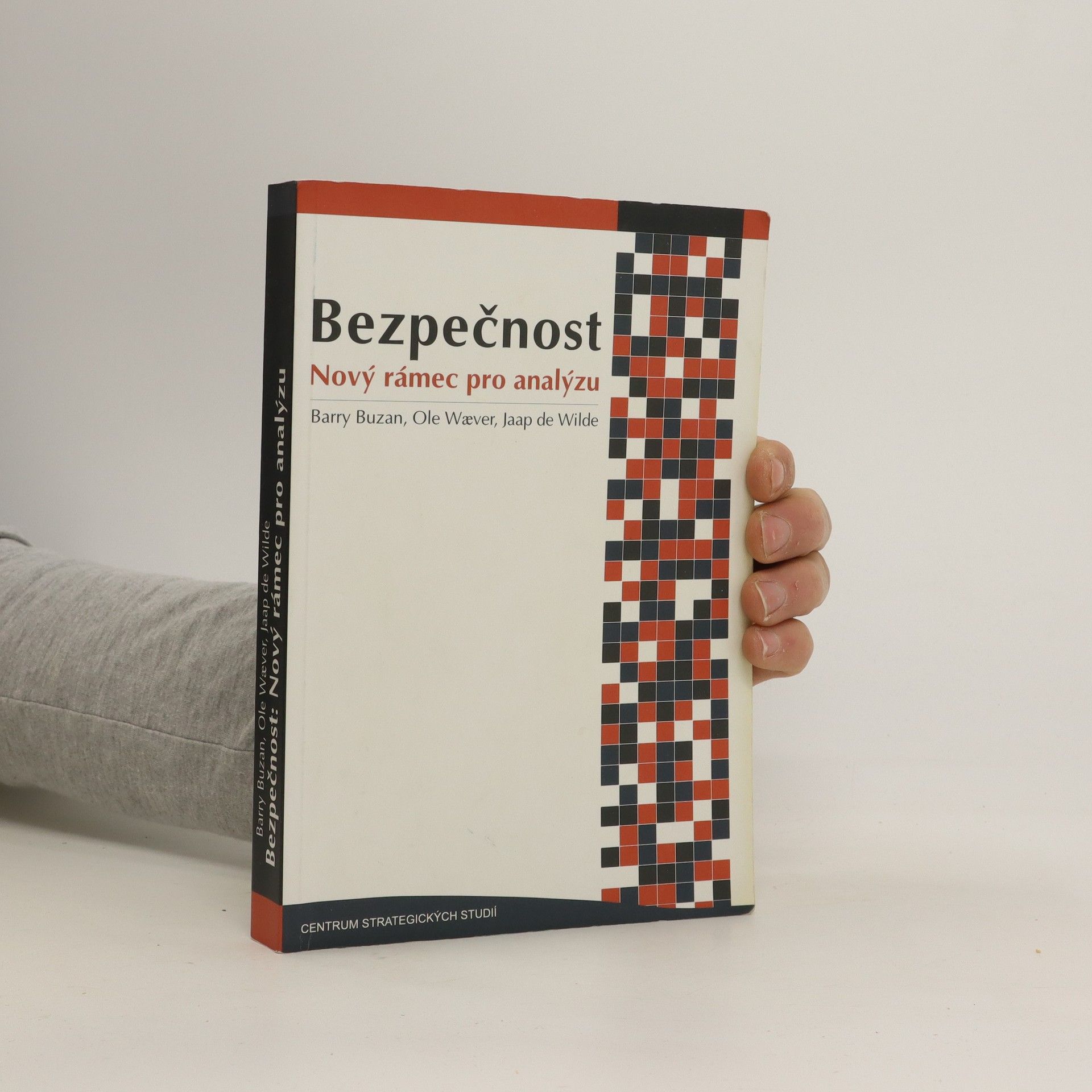Making Global Society
- 522 pages
- 19 hours of reading
Barry Buzan proposes a new approach to making International Relations a truly global discipline that transcends both Eurocentrism and comparative civilisations. He narrates the story of humankind as a whole across three eras, using its material conditions and social structures to show how global society has evolved. Deploying the English School's idea of primary institutions and setting their story across three domains - interpolity, transnational and interhuman - this book conveys a living historical sense of the human story whilst avoiding the overabstraction of many social science grand theories. Buzan sharpens the familiar story of three main eras in human history with the novel idea that these eras are separated by turbulent periods of transition. This device enables a radical retelling of how modernity emerged from the late 18th century. He shows how the concept of 'global society' can build bridges connecting International Relations, Global Historical Sociology and Global/World History.

